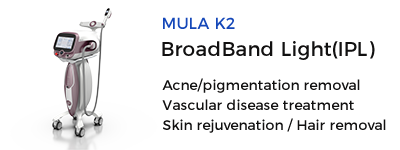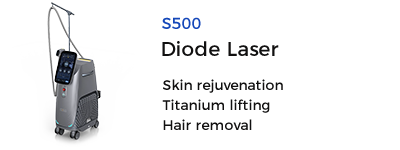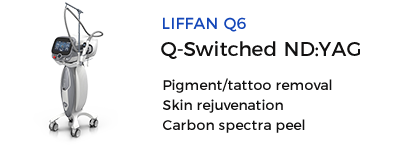The Role of Vitamin A in Acne Control
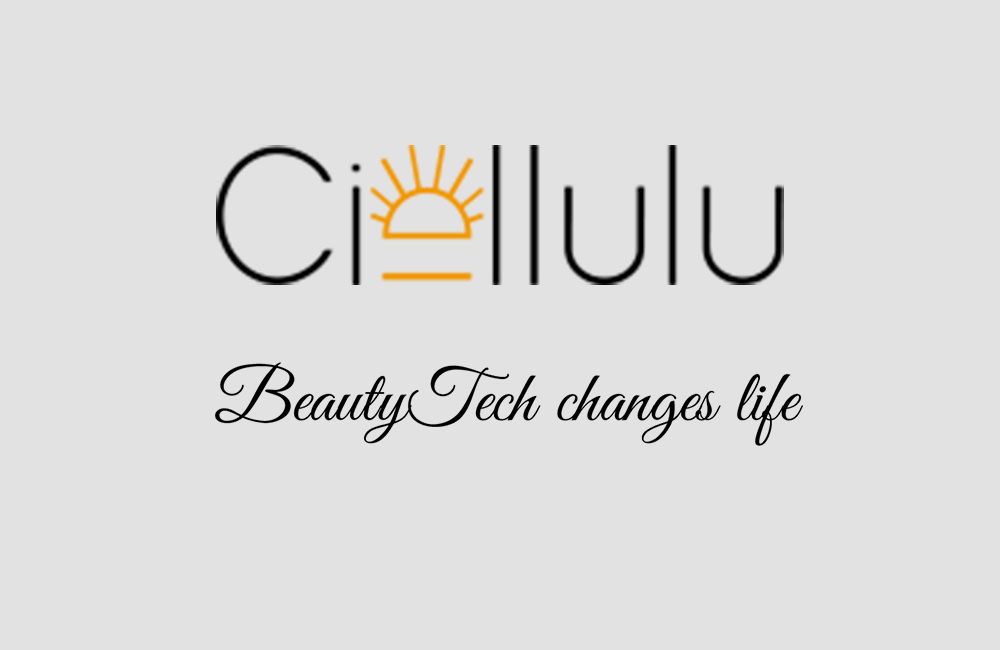
The Role of Vitamin A in Acne Control
The Role of Vitamin A in Acne Control
Acne is a common skin condition that affects millions of people worldwide, leading to frustration and impacting self-esteem. While numerous treatments are available, including modern technologies like skin whitening laser treatment and IPL laser, the role of Vitamin A in acne control remains significant. This article delves into how Vitamin A influences acne management and its interaction with emerging skin treatments.
Understanding Vitamin A
Vitamin A is a vital nutrient that plays several critical roles in the body, including maintaining vision, supporting the immune system, and promoting skin health. It comes in two primary forms: retinoids (preformed Vitamin A) found in animal products, and carotenoids (pro-vitamin A) found in plant-based foods.
How Vitamin A Impacts Acne
- Regulates Skin Cell Production: Vitamin A helps to normalize the shedding of dead skin cells within the follicle, reducing the likelihood of pore blockages which can lead to acne.
- Reduces Inflammation: As an anti-inflammatory agent, Vitamin A can help to calm inflamed acne lesions, thereby decreasing the severity of breakouts.
- Decreases Sebum Production: By influencing the glands that produce oil (sebum), Vitamin A can mitigate one of the primary contributors to acne.
- Promotes Skin Healing: It aids in skin repair and the reduction of acne scars, contributing to overall clearer skin.
Popular Vitamin A Treatments
Topical Retinoids
Topical retinoids, derivatives of Vitamin A, such as tretinoin and adapalene, are among the most effective methods for combatting acne. These products help increase cell turnover, reduce pore clogging, and have anti-inflammatory properties.
Oral Retinoids
Isotretinoin, a powerful oral retinoid, is reserved for severe cases of acne. It is highly effective but comes with significant potential side effects, requiring careful medical supervision.
Combining Vitamin A with Modern Skin Treatments
- Skin Whitening Laser Treatment and IPL Laser
- Skin Whitening Laser Treatment: Primarily used to treat pigmentation issues, these lasers can also improve skin texture and reduce acne scars. While not a primary acne treatment, they can enhance the post-acne healing process.
-
IPL Laser (Intense Pulsed Light): IPL for acne uses specific wavelengths of light to target and kill acne-causing bacteria, reduce inflammation, and improve skin texture. Combining IPL with a Vitamin A regimen can enhance results, ensuring a more comprehensive approach to acne management.
-
Spot Treatment for Acne
-
Spot treatments often contain smaller concentrations of retinoids to target and reduce the size of individual pimples quickly. When used in conjunction with other acne medications, they can provide rapid relief from active breakouts.
-
Underarm Skin Whitening Treatment
- While underarm skin whitening treatments usually focus on reducing hyperpigmentation caused by post-inflammatory hyperpigmentation or shaving, they often contain retinoids. These treatments can improve skin texture and tone, potentially preventing folliculitis, a condition similar to acne that occurs in underarm areas.
Conclusion
Vitamin A plays a crucial role in acne control, from regulating skin cell production to reducing inflammation and sebum production. When combined with advanced treatments like skin whitening laser treatment, IPL laser, and targeted spot treatments for acne, Vitamin A's effectiveness can be significantly enhanced. The integration of Vitamin A into an acne treatment plan offers a holistic approach to achieving clearer, healthier skin. As always, it's essential to consult with a dermatologist to tailor treatment plans to individual skin types and needs.

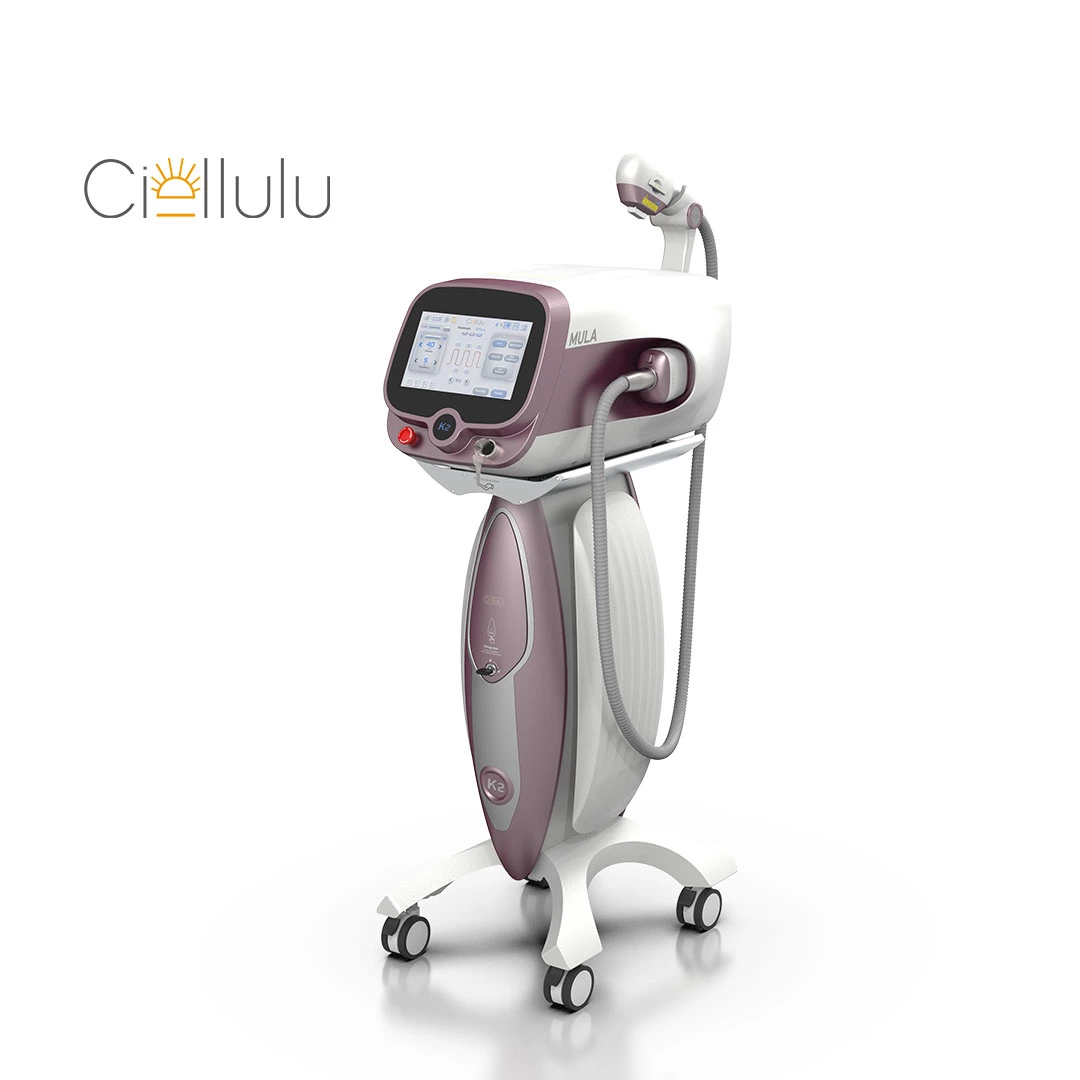
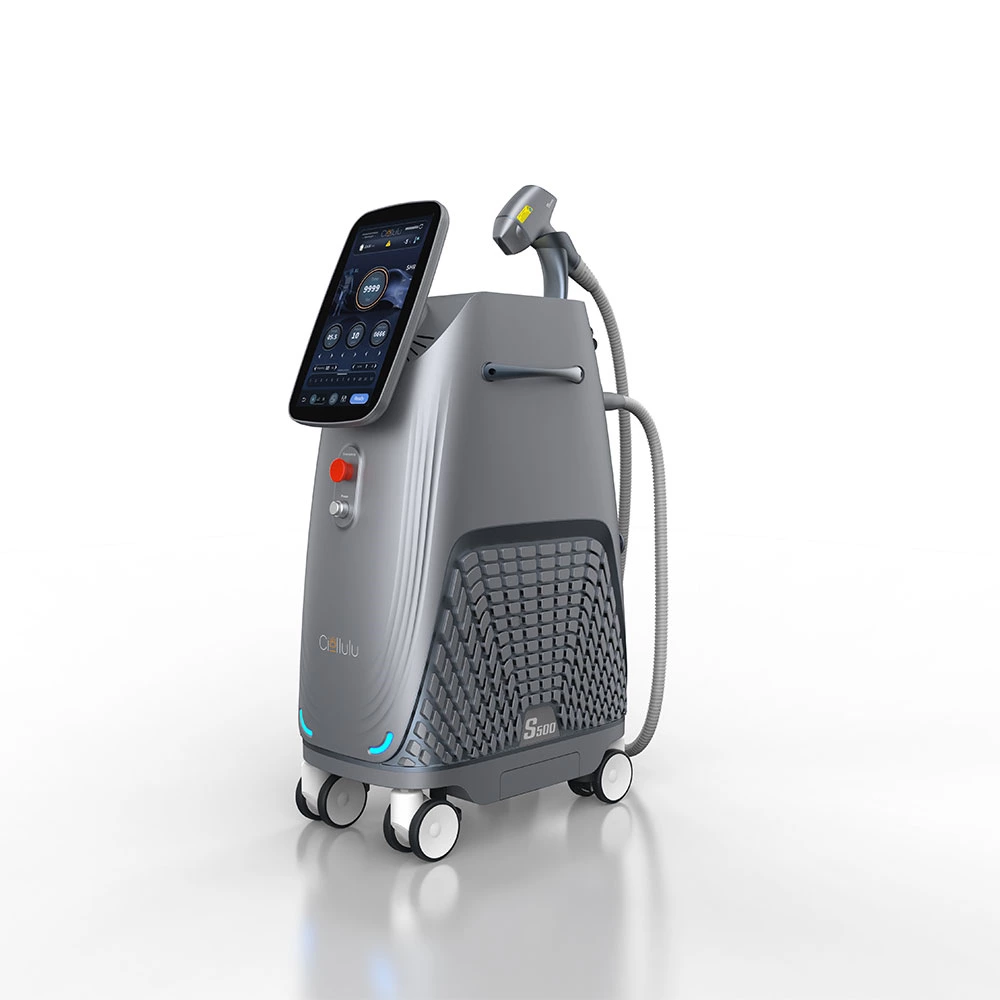
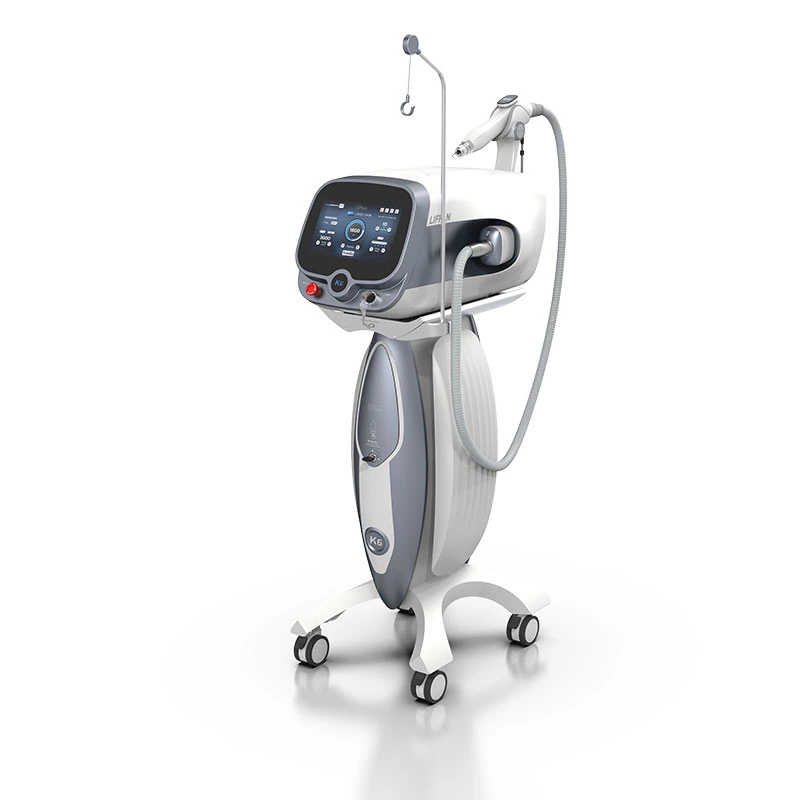
 Ciellulu Laser - Facial Machine Supplier
Ciellulu Laser - Facial Machine Supplier